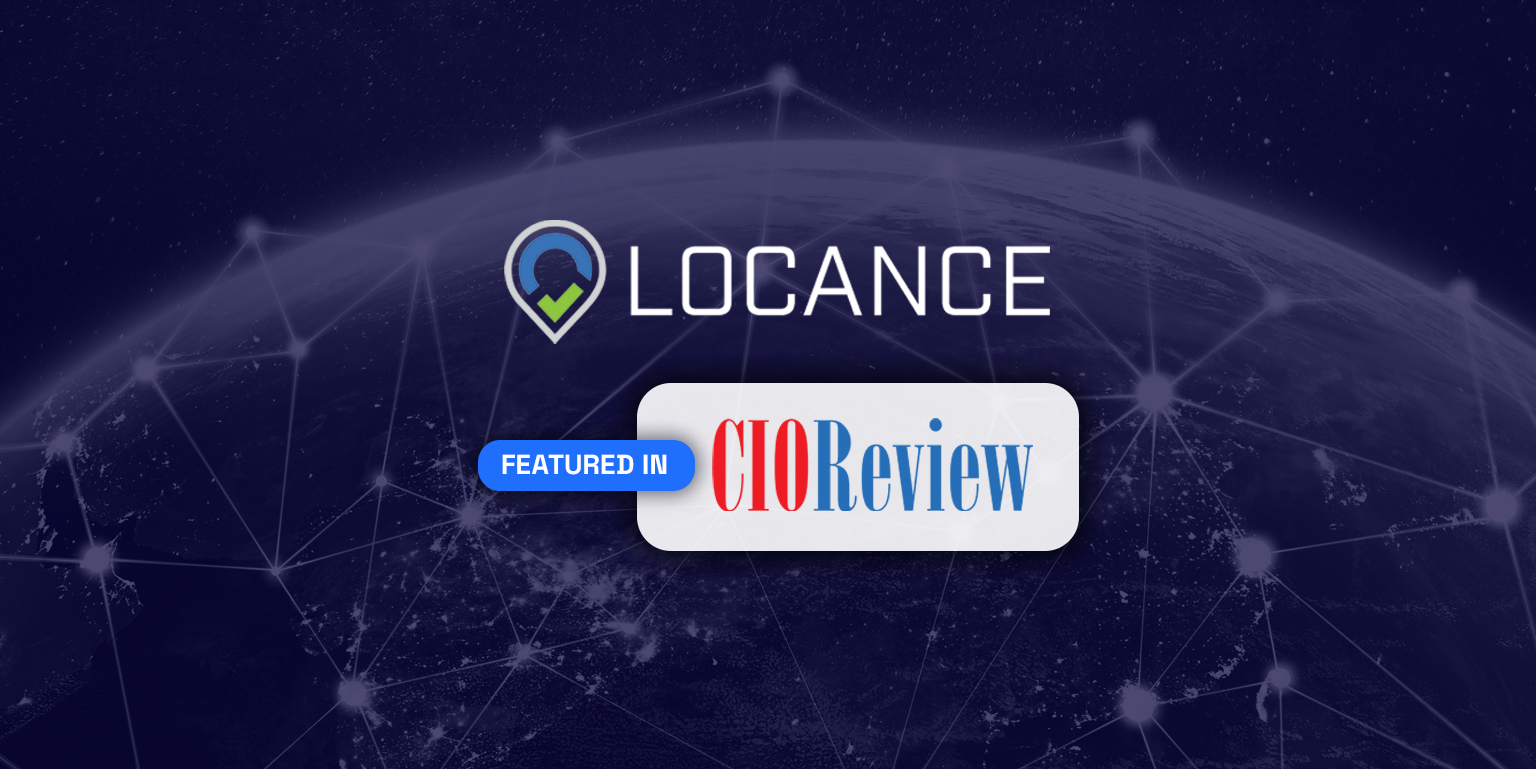Geolocation compliance tips for fantasy gaming platforms
July 30, 2025

Key takeaways:
- Payment partner requirements: Many payment processors now expect geolocation verification for fantasy gaming platforms to utilize their payment services when money and/or prizes are involved.
- Use advanced location tech: IP address data, GPS, Wi-Fi triangulation, device fingerprinting, geofencing, and anti-spoofing measures deliver robust location verification.
- Get ahead early: Built-in geolocation compliance establishes trust, unlocks new markets, and avoids costly retrofits.
Geolocation compliance tips for fantasy gaming platforms
The fantasy gaming industry is booming, with the global market for fantasy sports alone expected to reach over $71 billion by 2030, according to Mordor Intelligence. The fantasy games ecosystem is rapidly expanding beyond traditional daily fantasy sports (DFS) to include categories such as Esports fantasy leagues, reality entertainment fantasy, fantasy horse racing, prediction markets & contests, and a plethora of skill-based fantasy games. This expansion is being driven by a wide range of innovative fantasy gaming platforms for whom geolocation compliance is becoming a strategic necessity for sustainable business growth that extends far beyond regulatory requirements—especially when real-money and tradable prizes are involved.
The expanding fantasy gaming landscape
Today’s fantasy gaming platforms encompass diverse applications that cater to users with wide-ranging interests outside of the familiar ESPN and Yahoo season-long leagues. Niche fantasy sports games are gaining traction, ranging from disc golf (Hold My Bag) and virtual horse racing (Photo Finish™ LIVE) to Esports Fantasy Leagues for the likes of League of Legends, Dota 2, and Counter-Strike: Global Offensive. A growing variety of other unique applications beyond sports are also emerging, from reality entertainment fantasy contests to fantasy stock market trading, casino-themed fantasy games, and virtual asset competitions.
Whether you call it fantasy betting, fantasy contests, tournament fantasy, or fantasy gaming apps, these diverse platforms share common ground: they’re increasingly operating in regulatory gray areas where geolocation compliance can make or break business success.
Why geolocation compliance matters for fantasy gaming platforms
While many fantasy gaming platforms operate under lighter regulatory oversight than traditional gambling, that doesn’t mean they can (or should) completely ignore location verification. The reality is more nuanced and potentially costly for operators who take shortcuts.
Payment processors are often the driving force behind compliance requirements. Major financial institutions, credit card processors, and fintech platforms routinely require geolocation compliance from fantasy platforms, even when state regulators don’t mandate it. Without proper location verification, operators risk losing access to payment processing services, which can be a dire, business-ending scenario. For a deeper dive into these important factors, check out our related article about how to keep your payment processor happy.
Age verification presents another compliance challenge that intersects with geolocation. Different U.S. states and other jurisdictions around the world have varying age restrictions for gaming platforms, ranging from 18 to 21 years old. A geolocation platform helps ensure you’re applying the correct age verification standards based on the user’s actual location.
The technology behind fantasy gaming compliance
Modern geolocation compliance goes far beyond simple IP address checking. Today’s sophisticated platforms use multi-layered verification including GPS, Wi-Fi triangulation, cell site identification, device fingerprinting, geofencing, and anti-spoofing detection to ensure accuracy and detect fraudulent activity.
For fantasy betting operators, it is critical that these technologies are core components of their chosen geolocation compliance solution:
- IP location and connection verification
- Browser and app-based location services
- Device profiling and behavioral analytics
- Anti-spoofing checks
- Reverse geocoding and geofencing
With cloud-based APIs and configurable rules engine, leveraging a purpose-built geolocation platform allows the implementation process to remain consistent and yet flexible enough to adapt to your unique needs whether you’re running a fantasy football platform or an innovative reality entertainment prediction market.
Staying ahead of evolving regulations
Fantasy gaming regulations vary significantly by jurisdiction and continue to evolve as regulators grapple with the rapidly growing popularity of new and innovative offerings. The regulatory landscape includes states and countries with comprehensive licensing frameworks, others with platform-only requirements, and still others with minimal licensing but strict operational restrictions around age verification and content. Layered on top of this are the demands of payment processors seeking to stay within national and local legal bounds for the handling of your financial transactions.
This patchwork of regulations makes it crucial to implement compliance measures early, even if your current market doesn’t require them. Operating compliantly in stricter jurisdictions protects your ability to expand into new markets and maintains good standing with business partners like payment processors, your end users, and potential investors.
Key compliance tips for fantasy gaming platform leaders
Start with the assumption that you’ll need robust geolocation compliance, regardless of your current regulatory environment. Modern geolocation platforms like Locance are designed to integrate seamlessly with existing systems, making compliance achievable at any stage of your platform’s development. Additionally, make sure to:
- Consider the unique risk profile of your application. For example, prize-based competitions that convert to real money face stricter scrutiny than purely entertainment-focused platforms. Similarly, social gaming elements may blur the lines between fantasy betting and gambling, potentially triggering additional geolocation compliance requirements. What is considered skill versus chance may not be uniform across your chosen jurisdictions.
- Remember that these principles apply across all fantasy gaming categories. Whether you’re operating play-to-earn (P2E) games, reality show prediction markets, fantasy trading platforms, casino-themed fantasy games, or fantasy sports, the core geolocation compliance requirements remain consistent.
- Work with experienced geolocation platform providers who understand the gaming compliance landscape. While the technology requirements are very similar across different types of fantasy platforms, the regulatory nuances and business implications can vary significantly. A flexible solution with custom configurability that can be adjusted to various jurisdictions, use cases, and countries will enable full compliance across every market you serve and help future-proof your implementation.
- Plan for multi-jurisdictional operation even if you’re launching in a single market to start. The fantasy gaming market is experiencing significant growth globally, with Asia-Pacific emerging as a rapidly growing region, according to Grand View Research. Having compliant infrastructure in place positions you for lucrative expansion opportunities.
The business case for proactive geolocation compliance
Beyond avoiding potential penalties and maintaining payment processor relationships, geolocation compliance offers competitive advantages by:
- Demonstrating professionalism to investors, partners, and end users
- Providing valuable insights for more targeted marketing and user experience optimization
- Future-proofing your platform against regulatory changes that could otherwise force costly emergency implementations, or worse—shut you down.
The fantasy gaming industry’s rapid evolution means that fantasy platforms operating in regulatory gray areas today may find themselves subject to stricter oversight tomorrow. Evolving regulations and shifting expectations from regulators and payment providers present both geolocation compliance challenges and opportunities for differentiation.
Moving forward
As fantasy gaming and fantasy betting continue to evolve and capture market share from traditional gaming and entertainment options, geolocation compliance will become increasingly important for sustainable business operations. The fantasy gaming platforms that invest in robust compliance infrastructure early will be best positioned to capitalize on growth opportunities while avoiding the operational disruptions that come with last-minute geolocation compliance scrambles.
Contact us today to learn more about Locance’s geolocation compliance platform for fantasy gaming.








